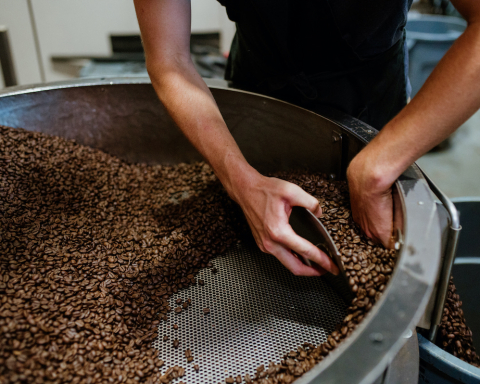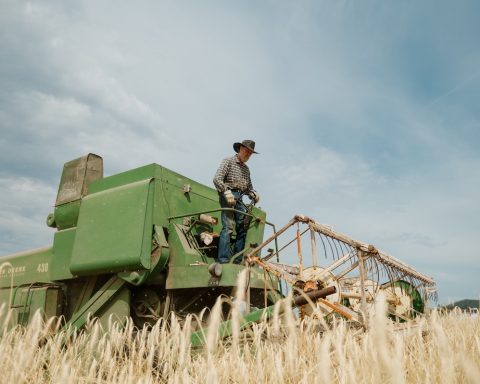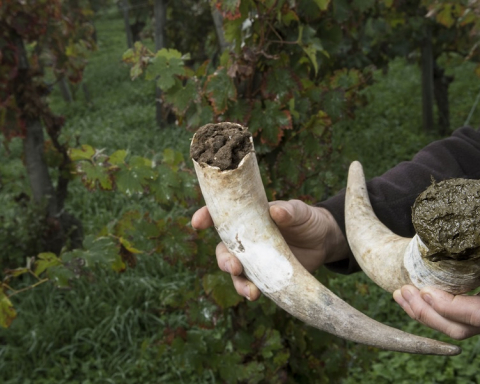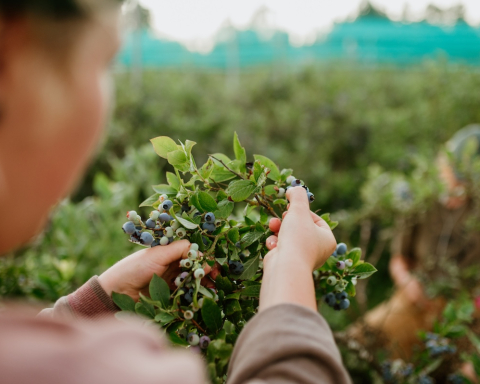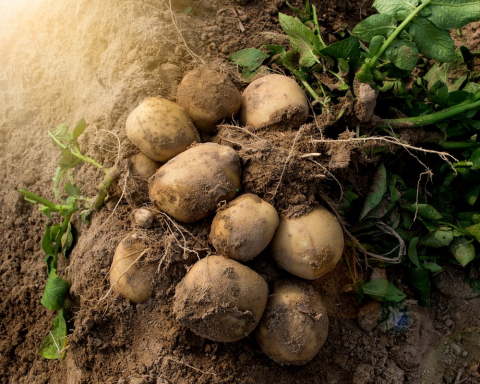Chris Bodnar
If you tell most people that they can succeed in business by cooperating rather than competing, they might laugh you out of the room. Competition is, after all, the basis of our market system. Co-operatives, however, operate within a competitive marketplace, but are based on values and practices of cooperation. And co-operatives have a history of success across a number of sectors.
The Co-Operative Advantage
There’s a very simple way that co-operatives are different from other businesses: they exist to meet the needs of their members. Not only that, but their members are also their owners.
This might not seem revolutionary, but in a world of shareholder-focused profits for corporations, co-operatives exist for a different reason. Sure, many co-operatives are pro table but their success is contingent on helping their members succeed by providing a necessary service.
Similar to companies, co-operatives provide legal benefits such as limiting liability and providing a legally recognized structure to raise capital for a business venture. But co-operatives are different from corporations. They are democratically controlled through a one-member one-vote principle. Economic benefits such as profits are returned to members based on the proportion of business the member did with the co-op.
While co-operatives are not the primary choice for most new business ventures, they are appealing at a time when many citizens distrust corporations that they perceive as acting in the interests of profits for shareholders with little transparency or accountability.
Co-operatives generally have a social perspective built into their operations. The values at the core of co-operatives include self-responsibility, democracy, equality, equity, and solidarity. Social responsibility – something many corporate bodies struggle to define – are a basic component of most co-operatives as they exist to serve their membership.
Different Types of Co-ops
- Supply Co-operatives provide farmers with inputs at competitive prices
- Marketing and Processing (Producer) Co-operatives market and process goods delivered by farmer members. The co-operatives aim to provide farmers the best price possible for their products by securing large contracts or developing and pro- ducing consumer products desired in the market- place
- Worker Co-operatives exist to provide employ- ment to their owner members
- Consumer Co-operatives serve consumers by sourcing and selling goods
A Natural Fit For Agriculture
There is a self-help nature to co-operatives. Communities often start co-operatives to provide services that otherwise wouldn’t exist. Co-operatives have allowed many farmers to reduce risk and achieve economies of scale by marketing together. This has been an important component for many rural communities, where the local economy and social fabric only exist by virtue of the community members who crafted the society they wanted.
As a result, co-operatives have a long history in agriculture, allowing farmers to work collectively to succeed. Many co-operatives originated in rural communities as local initiatives to provide the population with a service they needed. In most cases, the communities were deemed too small by outside businesses to open up shop – but the communities wouldn’t survive without basic services. Enter the co-operative.
Farmers established co-operatives to source their inputs, from fuel and seeds to building materials to construct their homes and barns. They started producer co-ops to market their products – apples, berries, dairy, and grain – to a larger market. Credit unions provided financial services to farmers in communities where banks wouldn’t operate or wouldn’t serve farmers.
In the late 1940s, co-operative farms offered veterans an opportunity to become farmers, and eventually to purchase the land to continue their own farms.
Agricultural Co-Ops Today
Co-operatives remain an important part of agricultural communities around the world. In BC, ower growers market their products through the United Flower Growers co-operative in Burnaby while cranberry growers sell through their producer co-op, Ocean Spray. Over 500 growers are members of the BC Tree Fruits Co-operative.
Smaller co-operatives are filling important roles as well. Workers co-ops have become a structure for some new farm businesses such as the Vancouver Food Pedalers Co-operative, which grows microgreens. Glorious Organics is an established workers’ co-operative in Aldergrove – and it operates at Fraser Common Farm, a co-operatively-owned farm.
In recent years Merville Organics has emerged as a producer co-op in the Comox Valley for the purpose of marketing member produce through farmers markets and a Community Shared Agriculture program. Members are able to offer customers a wider selection of produce while reducing their individual farms’ time and expense spent on marketing.
Nationally, 75-year-old Agropur dairy co-operative has over 3,400 farmer members across Canada. Canadian worker co-op La Siembra works with producer co-operatives to purchase cocoa, sugar, and coffee for their Camino brand products. This allows small-scale farmers to remain viable while supporting local education and health programs through the reinvestment of organic and fair trade premiums back into the community.
Future Directions
Co-operatives provide a distinct advantage to farmers. Producer co-ops help farmers retain the greatest share of the retail price of products while achieving larger contracts for greater marketing reach. Many of these co-ops also provide services to members, including field research and extension services as well as quality control and product research and development.
Co-operatives can also differentiate themselves in the marketplace by offering a values proposition to consumers that includes social impact and community investment.
In the realm of worker co-operatives and land co-ops, these models offer alternative modes of entry into agriculture for new farmers and creative solutions to the problems of high land costs or lack of family history or support in agriculture.
Ultimately, those involved in the co-operative economy understand that cooperation provides distinct benefits to the broader community. Cooperation recognizes that our individual success within society is best based on the collective success of our communities.
Interested in Starting a Co-operative?
Check out the BC Ministry of Agriculture’s Co-op Start-up Guide. As well, the BC Co-operative Association offers a business boot camp in May for co-operative ventures.
Chris Bodnar co-owns and operates Close to Home Organics with his wife, Paige, at Glen Valley Organic Farm in Abbotsford. They operate a 145-member Community Shared Agriculture program and sell at two weekly farmers markets during the farming season. Prior to farming, Chris earned a PhD in Communication from Carleton University. He now teaches the Business of Agriculture course in Kwantlen Polytechnic University’s Sustainable Agriculture program. Chris sits on the board of the Mount Lehman Credit Union.



